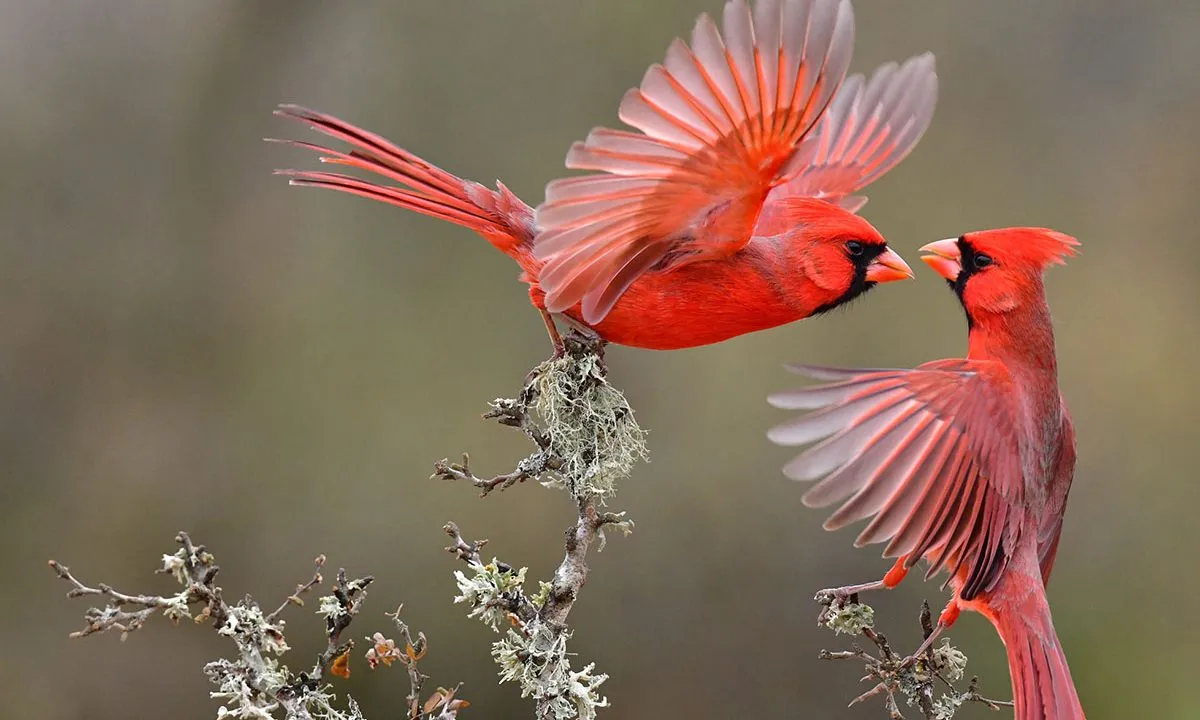

Haven’t you heard? Age is just a number. Sure, maybe it takes a day or two longer to recover from your hikes, paddles, or climbs than it used to, but that’s okay. You can find new, lower-impact ways to engage with the outdoors. Have you considered birding?
Videos by Outdoors
Realistically, you won’t have to seek birding out. At some point in life, birding just finds you. You’ll inevitably run into someone in a field with a spare set of binoculars. You’ll see a beautiful bird on your windowsill and start googling, discovering it to be an American goldfinch. You’ll have the urge to jot down the fact that you saw it, and you’ll take joy in recognizing more of them over the coming months. You may even get a tattoo of a hummingbird. Just lean back, embrace it, and let it happen.
Here are just a few reasons why you should embrace birding as part of your quarter-life, mid-life, or any other age-related crisis.
It’s a Healthy Way to Become Your Parents
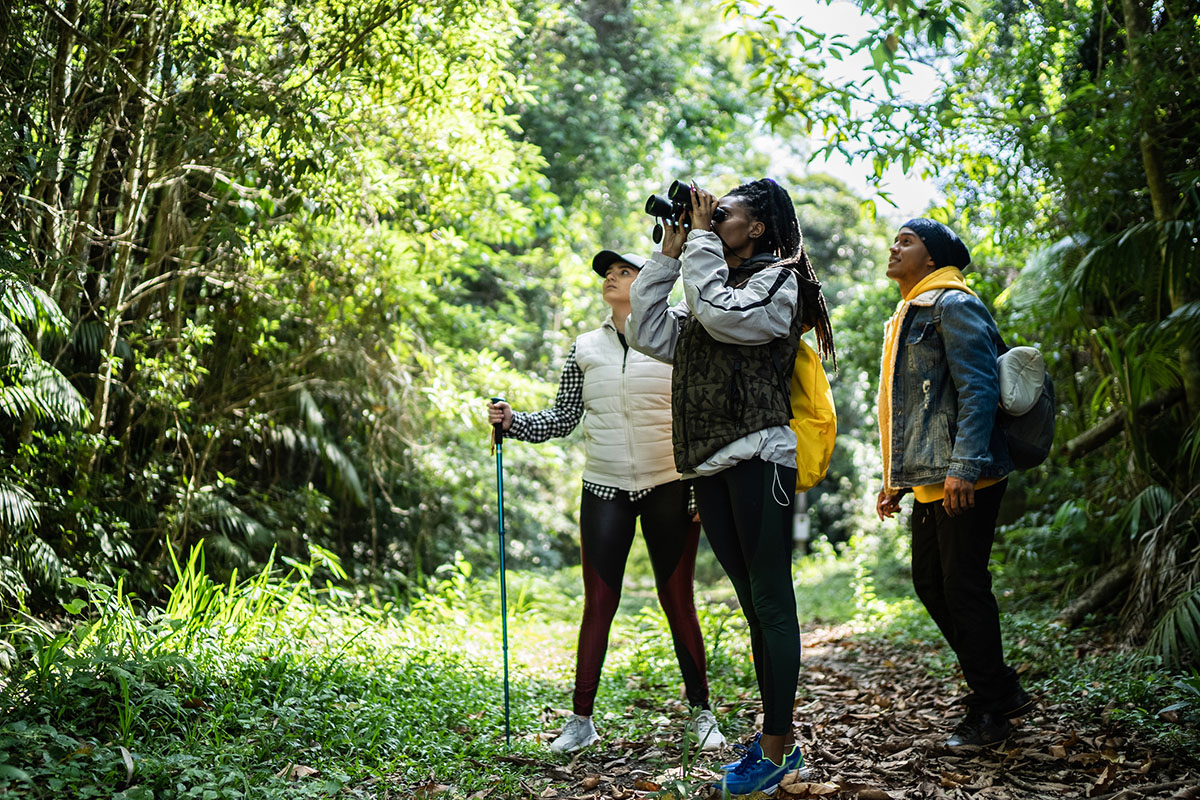
I know, I know—none of us want it to happen, but it’s inevitable. You’ll be especially prone to birding if one or both of your parents already partake in it. Finally, when your dad tells you about the rough-faced shag that he saw on his New Zealand trip, you can express genuine interest, then tell him about the eastern whip-poor-will you saw on your trip to New England.
By the time we surpass our Peter Pan era, we’ll certainly have picked up some of our parental traits—for better or worse. Don’t forget, you’re still in control of this process. Don’t like something about the way you were raised? Then we’re re-parenting ourselves and starting anew. Birding, though? Birding’s not a bad trait to inherit. At least it’s a good, healthy way to appreciate natural beauty.
Birds Are Cool, Okay?
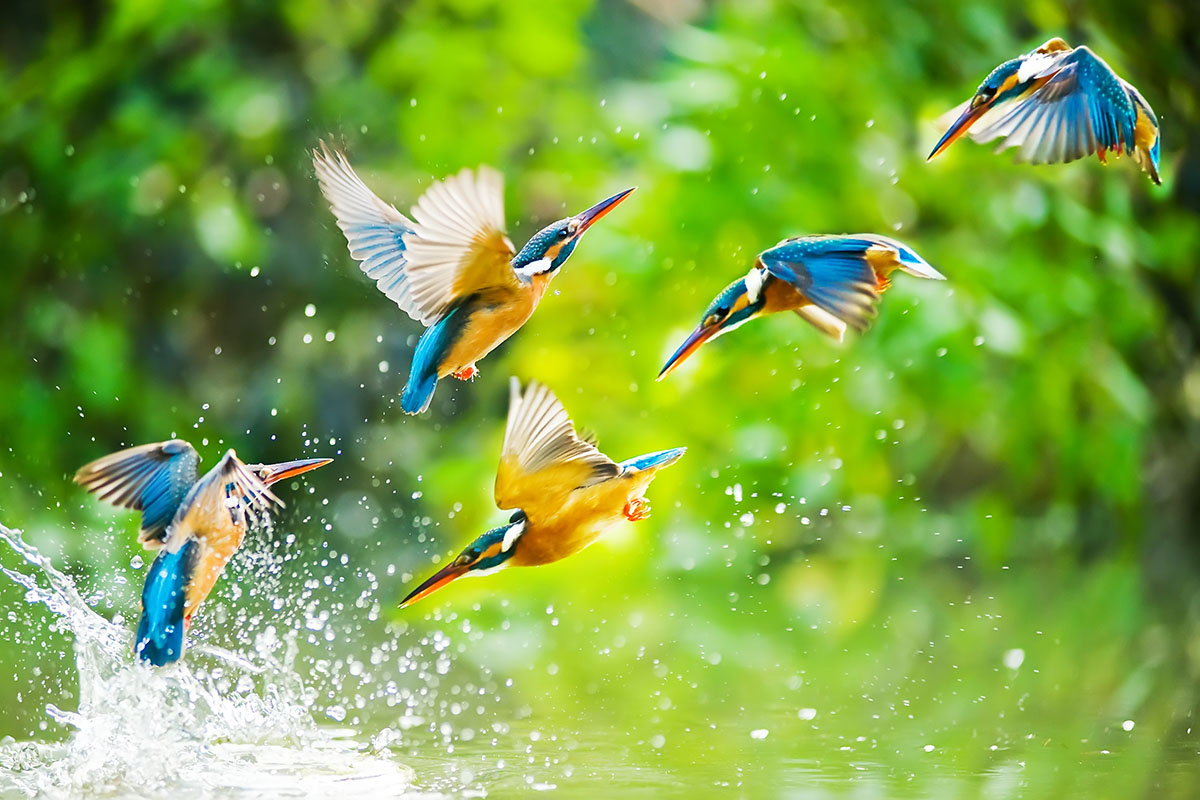
It’s hard to grasp without looking at a map, but do you know how incredible bird migrations are? Take the Arctic tern, for example. These incredible birds go pole to pole every year of their lives, for decades. Over a lifetime, distance-wise, they might go to the moon and back three separate times.
Also, birds are on every continent on Earth and in every major habitat. You can see a subtype of sparrow in Asia, then see its cousin in South America. Some birds, like sparrows or crows, have spread themselves so far across the earth that the whole world knows them. Then there’s the kea, the world’s only alpine parrot with the intelligence of a 3-5-year-old child, endemic only to New Zealand.
Some birds, like the black-naped pheasant-pigeon, disappear for 140 years, thought to be extinct, and are then rediscovered in Papua New Guinea. If that’s not enough, think about the evolutionary path birds had to take to get where they are today. They used to be dinosaurs, and now they can fly? Not a bad track record.

It’s a Patient, Peaceful Way to Engage with Nature
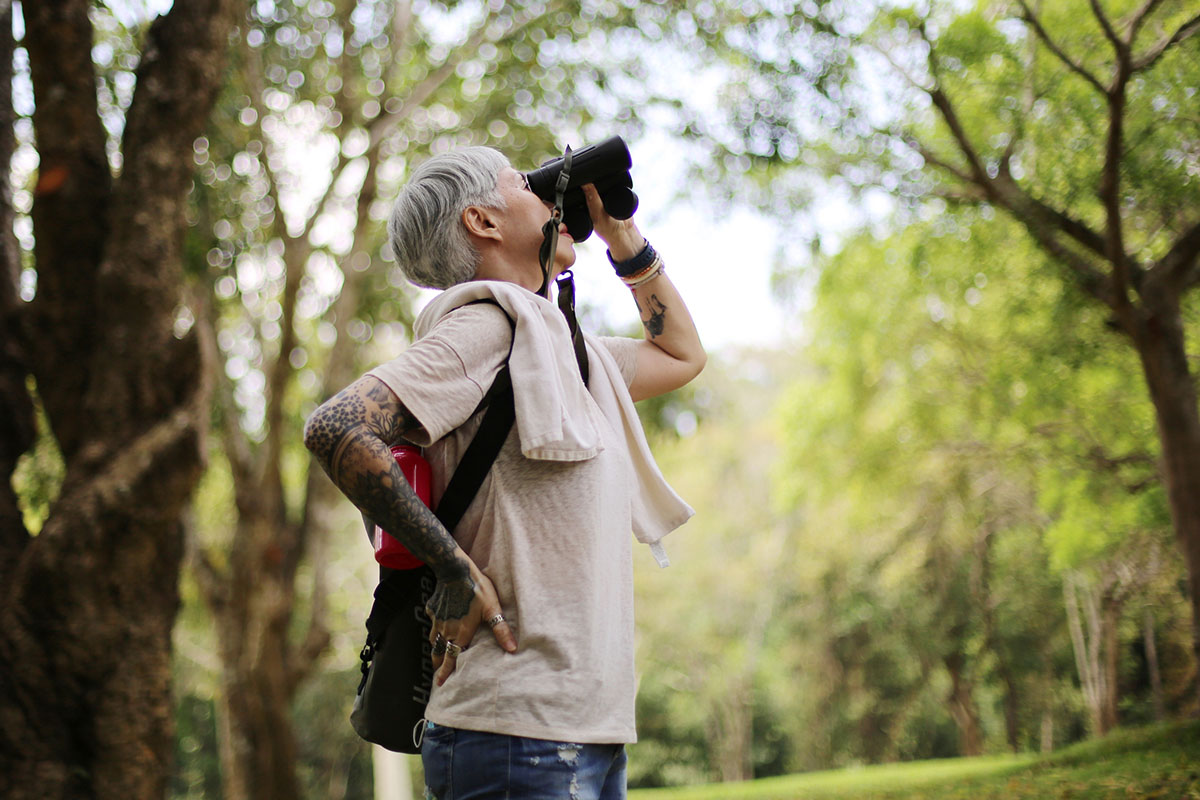
Birding is a masterclass in the art of stopping and observing. It can really show you how rewarding it is to move at a slower pace. Instead of a long hike, you might do some research about where to see an uncommon bird in your region. You might go, wander, wait around for a while, and just as you’re getting frustrated and considering going home, you hear something. Isn’t that Kirtland’s warbler? You start scanning the trees again, and there’s some movement, and wait—is that it?
You’ll begin to learn the names of your local birds and recognize them by their calls, but you can also have fun tracking down those rare birds. The simple act of learning who it is that you’re listening to every morning can help you connect with the world, but maybe that’s not enough. Do you still need some competitive aspect? Head over to the leaderboards and see if you can make your way up the local rankings.
Birds Have a Lot to Teach Us
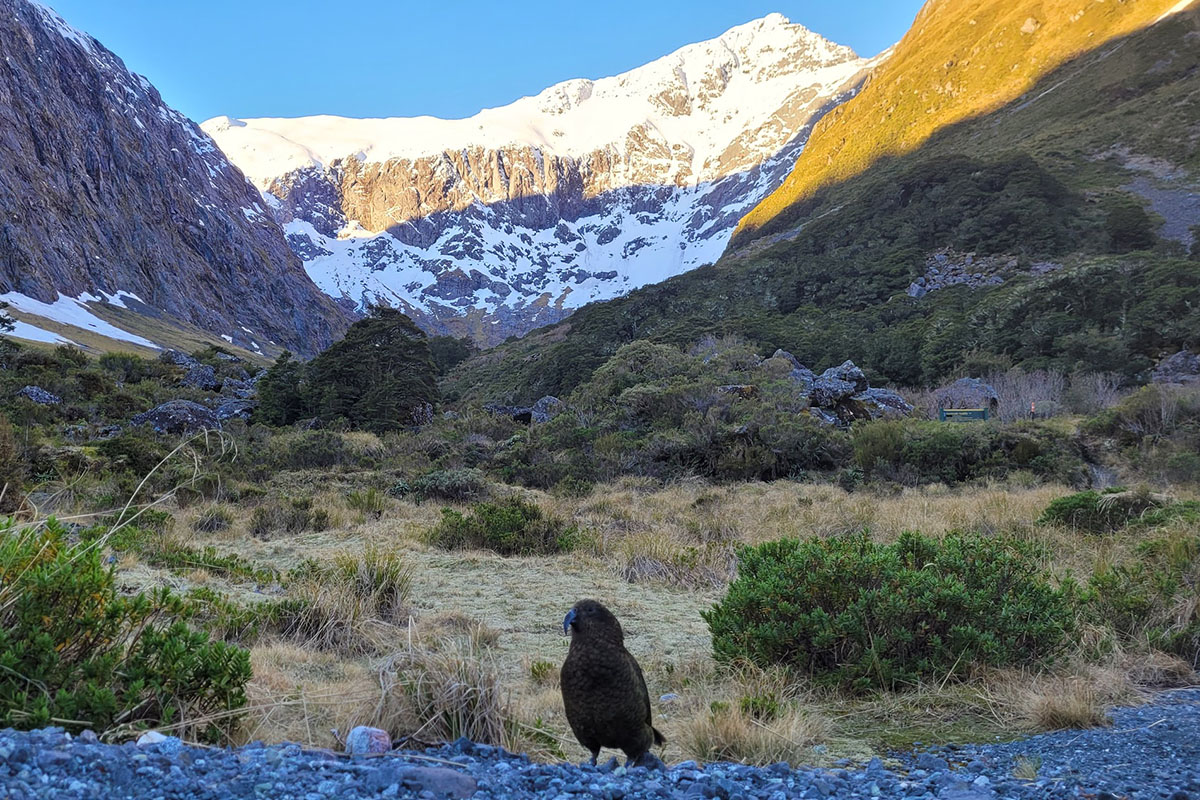
The sheer diversity of birds is a lesson in and of itself. No bird is quite the same, and who else could they be but themselves? We change as we get older. Some of us might settle down a little bit, but some of us may find that we want to keep moving. Some birds migrate long distances, and some birds stay at home.
What about relationships? Goldfinches find a new, monogamous mate every season, raise their kids together, then go their separate ways. Some birds are polygamous, and it can actually make the species healthier by increasing genetic diversity. Then, of course, there’s bald eagles, which mate for life. If you’re feeling some type of way about how you should exist in relationships, there’s a bird that reflects how you already exist in the world.
Have you ever seen a murmuration of starlings? It’s one of nature’s most incredible sights. The huge, black clouds of birds, moving together, creating amorphous shapes in the sky. I had known about starlings for a while, but Adrienne Maree Brown, one of our great contemporary thinkers, imaginers, and writers, clued me in to their significance. Think about humanity as a whole. How we’re different but connected the world over. How we move in reaction to each other, responding to the world, while also flying a path distinctly our own. If you saw a starling on its own, would you recognize it? Wouldn’t you want to?

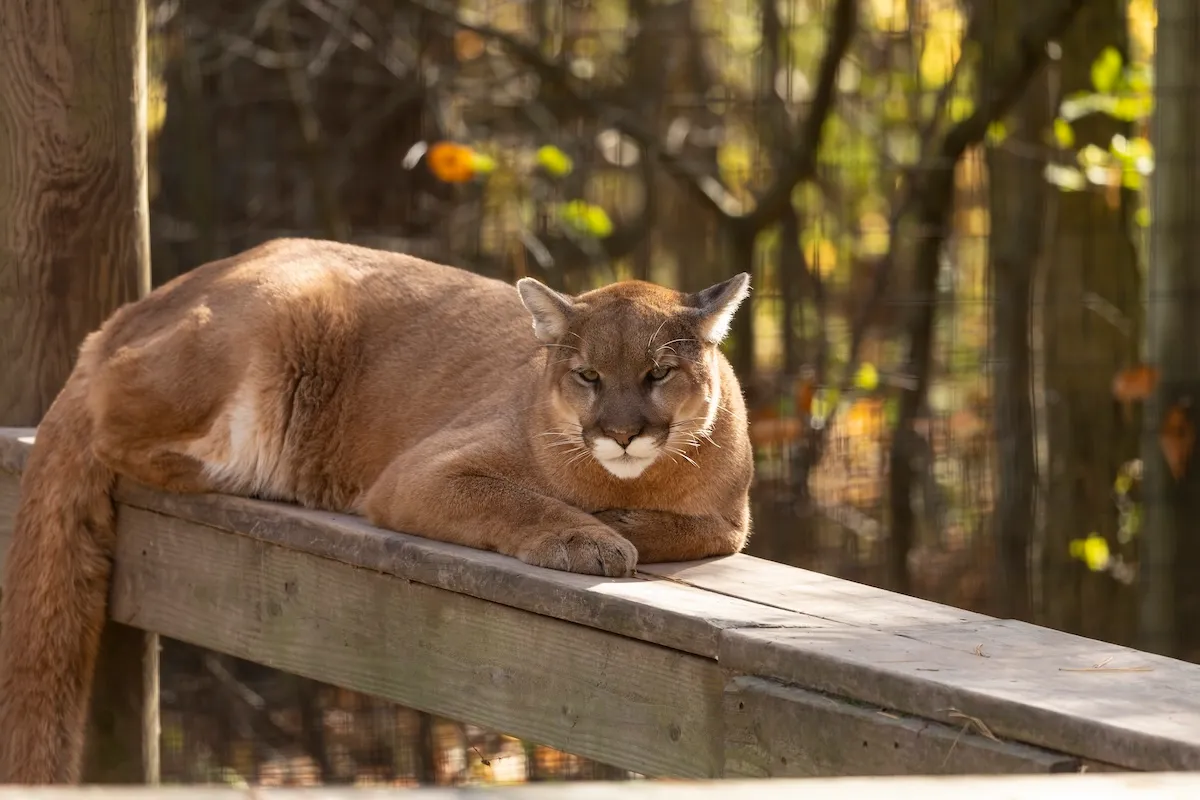




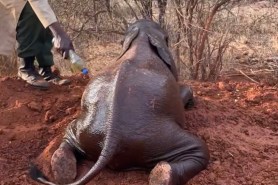



Pingback: I am “starting to become a birder and getting into bird photography” years old – Swimming With the Light On